The Blessings the True Church Must Restore (John 2:13–21) 12/8/2024
Eternal Answer of 1st, 2nd, 3rd RUTC:
The Blessings the True Church Must Restore (John 2:13–21) 12/8/2024
In the passage, we see Jesus entering the temple with a display of anger. He makes a whip out of cords, drives out the sheep and oxen, and overturns the tables of the money exchangers (15). Why did the gentle Lord display such anger? There are two reasons for this.
First, it was because they did what should not be done in the temple.
There were those who continuously committed acts that provoked the Lord’s anger. Among them were the priests who led worship. There were also the Pharisees, recognized by people as holy. The scribes and rabbis who taught the Scriptures were also among them. What evil did they commit? They denied Christ (Luke 12:10). In their arrogance, they always sought high positions (Matthew 23:6-7). They emphasized works and traditions over the gospel, blocking the way for all to be saved (Matthew 23:13). Even worse, while appearing clean outwardly, they were full of greed and indulgence inside (Matthew 23:25). If we lose hold of the correct gospel, we too can become spiritually corrupt like these religious leaders. As stated in the passage, those who turned the temple into a marketplace were the ones who provoked the Lord’s anger.
Second, they focused on the wrong things and missed what God truly desired. What is it that God truly desires? If we truly do what God desires, He will pour out all blessings. Even in persecution, we will enjoy a hundredfold (Mark 10:30).
1. They lost hold of the original blessings given to the temple.
1) The most important places of the temple are the Most Holy Place and the Holy Place.
① The Most Holy Place is where the high priest would offer sacrifices for all the people once a year. This signifies Christ, our High Priest, who achieved eternal atonement for us with His own blood (Hebrews 9:11–12). The moment we accept Jesus Christ, we receive the blessing of eternal atonement, and now the Lord dwells in us, making us His temple (John 2:21; 1 Corinthians 3:16). This is why saved people are called saints.
It is not about works or zeal. Through the blood of Christ, we have become precious and hold a status that no enemy can overthrow.
② The Holy Place is where the priests would offer sacrifices for the Lord’s people daily. They burned incense (blessing of prayer), replaced the bread (blessing of the Word), and kept the lampstand lit (blessing of evangelism). This signifies that those cleansed by the blood of Christ must daily draw near to God and enjoy these blessings. This leads to the “three todays”: enjoy victorious prayer daily, receive guidance through the Word daily, and let your life become a testimony, leading others like you to Christ daily. These three blessings make everyday life itself a blessing.
2) Another important area is the courtyard outside the Most Holy Place and Holy Place. This courtyard was where the sick and suffering came to seek God’s grace and healing. It was where Gentiles, who had not yet met God, could remain and receive His grace and salvation. It was a place where children could witness the worship of adults and prepare for the future.
3) God gave all people the opportunity to draw near to Him, receive salvation, and enjoy His grace.
① Depending on one’s role and situation, they could offer a cow, a lamb, or even a dove as a sacrifice (Leviticus 1–5).
② However, the offerings had to be without blemish (Leviticus 1:3, 3:6, 4:28). This was foreshadowing the sinless Son of God who would become our atoning sacrifice, covering all our faults and sins with His blood (1 Peter 1:18–19). Therefore, any sinner could confidently approach the throne of grace by holding onto Christ (Hebrews 4:16).
③ However, the priests turned this courtyard into a place for selling sacrificial animals. They claimed it was for convenience, as animals could develop blemishes during long journeys, so people could buy offerings at the temple (convenience, secularism). Yet, their hidden greed was evident. They pretended to do good while seeking profit. Judas Iscariot failed for this very reason: hidden greed and self-interest (John 12:1–6). Such greed leads to devastating failure.
2. What is true failure? It is losing hold of what God desires and the blessings He has prepared. In this temple courtyard, God desired to display His love to save all people (ministry of the 3 courtyards). For 28 years, our One Mind Church has focused on the ministry of the 3 courtyards, and this has been God’s grace and blessing.
1) The Courtyard of Healing ministry. All the diseased (spiritually, mentally, and physically) must come and be revived.
① Many people are bound by idolatry, fate, and curses because they have not met God. It is a spiritual disease. Emotional scars lead to depression, anger, panic disorders, and various addictions. These are not to be criticized but healed. Such issues often manifest as physical illnesses. Seeing them healed through Christ and restored through the dedication and love of believers is the image God desires to see in His church.
② Many churches have lost this. The church’s threshold is too high, seen as a place only for those who pretend to be clean. Our church will focus on creating a gospel-centered, spiritual atmosphere and professional systems where anyone can come and be healed.
2) The Courtyard of Multiethnics ministry. All Gentiles, anyone, must come and enjoy God’s grace in Christ.
① From the beginning, God has been the God of all nations and peoples. Therefore, He commanded against discrimination (James 2:1). The gospel of Christ ends all discrimination—be it racial, gender, age, or cultural discrimination.
② God’s heart is for each believer among the all nations to be treasured and nurtured as disciples of Christ. Thus, the Lord said, “Whatever you did for one of the least of these brothers and sisters of mine, you did for me” (Matthew 25:40).
3) The Courtyard of Children ministry. The next generation is God’s future and all of our futures.
① Jesus warned against despising or causing even one child to stumble (Matthew 18:1–10). Whoever welcomes a child in Jesus’ name welcomes Him, and their angels always see the face of God.
② Raising the next generation as remnants to take responsibility for the future is our absolute mission. This is why our church runs Sunday School, Saturday Summit School, and Pre-Summit School—regardless of numbers. From here, we hope for figures like D.L. Moody, John Wanamaker, Abraham Lincoln, and Fanny Crosby to arise, bringing hope to America.
③ The denomination-wide practice of dedicating a Sunday to Remnant University for prayer and offerings reflects this. Through Remnant University, we must raise future pastors and missionaries who will lead the next generation. Only then, there will be hope. We await the Lord’s return and declare, “Amen. Come, Lord Jesus” (Revelation 22:20).
Conclusion – The world is facing difficult times, but may each of us and our church hold onto this covenant and pray to be used for the work God desires, in the place He desires, and at the time He desires.
12.8.24 The Blessings the True Church Must Restore

